#Emissions
Jaguar Land Rover Prepares to Pay $118 Million in Emissions Fines
Jaguar Land Rover is putting 90 million pounds ($118 million) into its rainy day fund in case it’s fined by the European Union for failing to meet CO2 emission-reduction targets. Delays in launching plug-in hybrid models, stalled by WLTP efficiency estimates that didn’t quite reach a best-case scenario, have left the automaker above the allotted EU fleet average of 95 grams per kilometer.
“We are not happy that we will not be compliant in 2020, but a lot of that has been taken out of our hands,” JLR CFO Adrian Mardell said during Tuesday’s quarterly earnings call with investors.
Facing Emission Fines, Ford Becomes Ravenous for Carbon Credits
Ford is joining the lengthening list of automakers that cannot adhere to European emissions mandates this year and is pursuing the popular option of simply buying carbon credits from rivals who managed to sell more than a few electrified vehicles.
Under the EU rules, manufacturers can “earn” carbon credits by selling more EVs. But legacy automakers were hamstrung all year by the pandemic and Ford is on the hook for a recall of its Kuga (Escape) PHEV. The Blue Oval recalled almost 21,000 examples of the plug-in hybrid in August, asking owners not to drive the crossover in its electric-only mode and to avoid charging the battery. While alarming in its own right, Ford said the recall effectively makes it impossible for it to meet 2020 EU emission quotas. It is now seeking partners for an “open emissions pool” and is hardly the only manufacturer doing this.
California Urges Manufacturers to Tattle on Themselves
On Wednesday, the California Air Resources Board (CARB) urged manufacturers to disclose any unapproved hardware or software that might place a vehicle’s emissions outside of the acceptable parameters of legality. CARB said those who comply would be subjected to reduced penalties and reminded everyone that it’s going to be opening a state-of-the-art testing facility that will be better at catching cheaters in 2021. It’s so advanced, the board suggested it might even be able to catch totally new violations.
You’ve likely seen this tactic employed by an exasperated parent or substitute teacher. An illicit substance is found tucked away somewhere and they parade it around demanding whoever owns it to fess up immediately or face harsher consequences later. This obvious trap is best avoided by committing a lesser crime right then and there or being so obstinate that you’re issued a minor punishment just for being annoying — thus freeing you of suspicion for the pornography Mr. Lawson found taped beneath the bleachers.
California Moves to Ban Sale of New Gas Cars by 2035
California governor Gavin Newsom has signed an executive order that will ban the sale of new cars that are gasoline-powered, beginning in the year 2035.
“This is the most impactful step our state can take to fight climate change,” Newsom said in a statement. “For too many decades, we have allowed cars to pollute the air that our children and families breathe. You deserve to have a car that doesn’t give your kids asthma… Cars shouldn’t melt glaciers or raise sea levels threatening our cherished beaches and coastlines.”
Daimler Agrees to Pay $2.2 Billion Diesel Emissions Settlement
Daimler has officially agreed to pay $2.2 billion as a resolution to the United States’ diesel emissions cheating investigation and over 250,000 claims from Mercedes-Benz customers. The automaker stated that it was likely going to settle in August, estimating a need to set aside roughly $1.5 billion to appease U.S. authorities. Another $700 million was earmarked for civil suits, with the company assuming millions more would be needed to fulfill the requirements of the various settlements.
Court documents shared by Reuters show the company agreeing to pay 250,000 owners up to $3,290 each on vehicles that exceed regulatory emissions standards through the use of emissions cheating software. It also decided against opposing spending $83.4 million in attorney fees and expenses for the owners’ legal representation — something Volkswagen called “unwarranted” in a similarly sized suit where the attorneys were only asking for $59 million. However, VW’s emission woes have remained obnoxiously persistent since 2015 and have cost it well over $40 billion.
By contrast, Daimler is getting off with a slap on the wrist by settling for just a couple billion smackers. Although the likelihood of further criminal action remains relatively high in both the United States and Europe. Keep in mind that it took prosecutors nearly five years just to get this far and governments around the globe are disavowing diesel vehicles as if they appeared in a group photo on Jeffrey Epstein’s private island.
European Union Empowered to Recall Vehicles Over Emission Violations
Updated rules have granted the European Commission the ability to not only check cars for emissions compliance, but also issue recalls for those found in violation.
Previously, recalls were required to be issued by the EU member nations that initially certified the vehicles. But the European Commission claims this tactic has allowed automakers to easily circumvent regulatory mandates, making large-scale recalls slower to progress for almost a decade. Following Volkswagen’s diesel emissions scandal in 2015, the EU ramped up efforts to consolidate regulatory powers after the United States was the one that initially busted the German automaker for cheating during pollution tests.
The European Commission will now be able to enact recalls on its own authority and fine automakers up to 30,000 euros ($35,725 USD) per vehicle. Those in broad opposition of giving Brussels additional authority have criticized the changes, while those supportive of the EU claim it will be able to deliver environmental justice more swiftly than individual nations.
Porsche: Someone May Have Tampered With Our Engines
Officially, the word is “manipulated.”
That’s what Porsche suspects, and the ominous presence in this plot is apparently calling from inside the house. According to a German newspaper, the automaker has launched an internal investigation into possible manipulation of its gasoline engines.
FCA Reportedly Gearing Up for Giant Tigershark Recall
Fiat Chrysler Automobiles is considering a recall on roughly 1 million vehicles equipped with its 2.4-liter Tigershark four-cylinder engine. That incorporates most of FCA’s smaller models, including a few defunct models like the Chrysler 200 and Dodge Dart.
Reporting from the Detroit Free Press suggests the 2.4-liter unit exceeded allowable emissions limits during testing. While the Tigershark MultiAir II is also featured in a class-action suit over claims that it burns too much oil, FCA said that matter is unrelated to the proposed recall.
“In connection with internal testing, we determined that approximately 1 million vehicles equipped with the 2.4-liter Tigershark engine may have excess tailpipe emissions,” the automaker said in a recent regulatory filing with the U.S. Securities and Exchange Commission.
Gas War: Inspector General to Investigate Fuel Rollback
Following requests from Senator Tom Carper (D-DE) for a formal investigation into whether the Safer Affordable Fuel-Efficient (SAFE) Vehicle Rules proposed by the Trump administration violates the Clean Air Act (or some currently undetermined regulatory requirement that might stop it from coming to fruition), the U.S. Environmental Protection Agency’s Office of Inspector General said it will indeed evaluate the emissions rollback.
As the ranking minority member of the Senate Environment and Public Works Committee, Carper’s opposition to the fuel rollback is to be expected. With politicians unwilling to find common ground and engage in good-faith discussions that might result in some amount of compromise in service to the people, opposition tactics have devolved into partisan lawsuits and trying to halt the new rules over technicalities.
Probing Continues at Volkswagen, Continental
German prosecutors have incorporated Continental into a probe aimed at determining whether Volkswagen Group cheated on emissions testing. While confessing to the crime in the United States years earlier is a fairly good indication of corporate guilt, Germany wants to make extra sure VW was in the wrong and has branched out its investigation to include suppliers that may have played a role.
On Wednesday, the automaker acknowledged it had been subjected to yet another probe after investigators arrived to comb through its offices. The same treatment was given to supplier Continental, which is suspected of having some sort of involvement in a scandal the automotive industry can’t quite seem to move on from.
BMW M2 Ends European Production This Fall
BMW is ending production of the M2 Competition and M2 CS for the European market this fall. The 370-horsepower coupe proved a hit with enthusiasts, offering a straightforward package reminding us that simplicity is often a virtue, but it’s living on borrowed time on the Old Continent, as is the hardcore 410-hp CS variant.
Why would BMW kill off the car often pointed to by auto journalists as the best in its entire lineup? You’re welcome to hazard a guess, though most, including this outlet, would point to strengthening emission regulations in Europe as the likely offender.
Chalk Up Another Benefit to the Big Lockdown…
Barring low gas prices you couldn’t take advantage of and your author’s adventures in cooking with curry, the past two months didn’t bring much in the way of benefits. Millions are out of work, nerves are frayed, hospital ICUs remain crowded with COVID-19 patients, and bad takes still run rampant on Twitter. Daily!
Anyone who did venture outdoors this spring, however, may have noticed one specific change for the better, and science now backs it up.
Diesel's Not Done Yet: Cummins Explores Cylinder Deactivation
Despite the switch to low-sulfur fuel and ever more stringent emissions regulations around the world, compression ignition technology still gets a bad rap, tarnishing the remaining crop of diesel engine offerings despite their fuel economy advantages.
In the world of heavy duty pickups and large commercial vehicles, it’s a case of diesel or what else? Electric motors powered by battery banks the size of a refrigerator warehouse? Gotta use what works.
Diesel engine maker Cummins sees plenty of life left in the technology, and believes better is possible. If gasoline engines can shut down cylinders at will to conserve fuel, why not oil burners?
Study Suggests Tires Create More Pollution Than Exhaust Emissions
Anyone who’s laid a substantial amount of rubber in a local parking lot will tell you that the scent emitted doesn’t smell particularly healthy for the environment (burnt clutch smell is even less appealing — don’t ask how I know). And while the typical driver doesn’t burn through tires via successive smoke shows, regular road use effectively does the same thing over a much longer timeline — and a new study claims it’s up to 1,000 times worse than what actually comes out of a vehicle’s exhaust system.
The report, penned by UK-based independent research firm Emissions Analytics, has circulated within the media for a few days and claims that pollution stemming from tire and brake wear is a growing problem. With European lawmakers clamping down on tailpipe emissions, the firm suggests “non-exhaust emissions” will be the next big regulatory challenge.
Any Takers? Docs Herald Mazda 6 Diesel Introduction
The road to America is often a long one, and the 2.2-liter diesel four-cylinder that finally set up shop in the Mazda CX-5 last year took a Donner Party-like detour after leaving Japan.
The Skyactiv-D engine was over half a decade late in arriving on these shores, and when it finally did — cleared by the EPA after certain modifications — journalists were underwhelmed by its power and economy. Now, it’s the midsize Mazda 6’s turn to try ditching gasoline. Will anyone be in line to greet it?



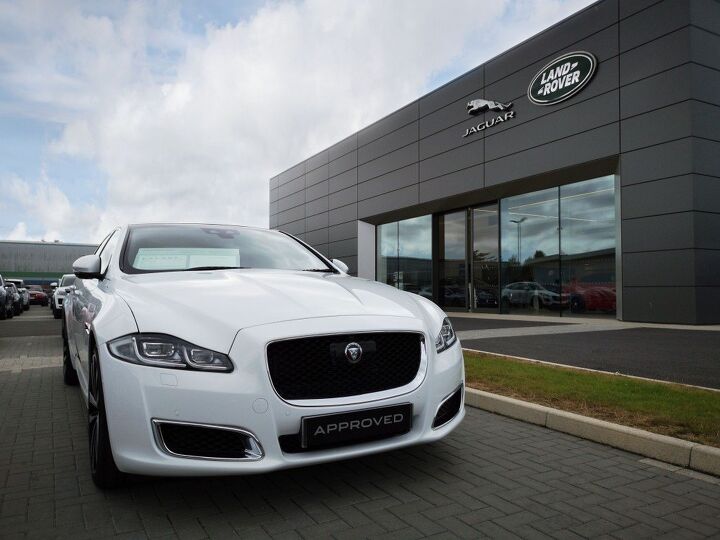
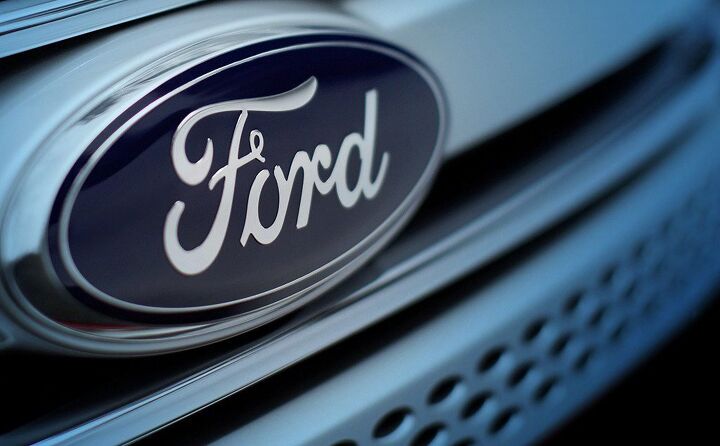

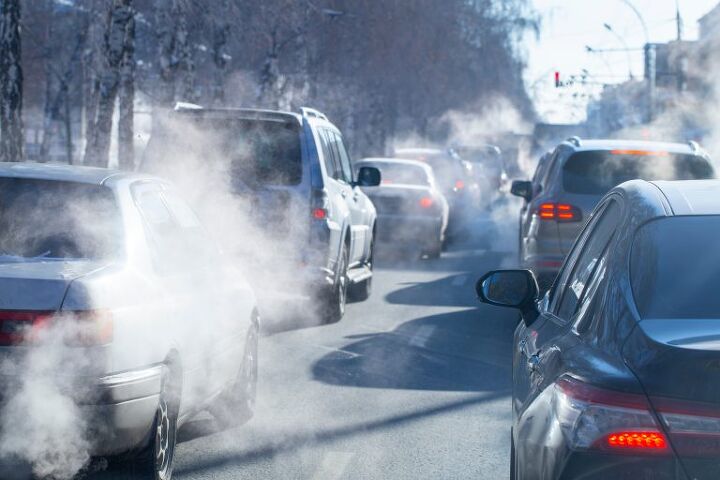




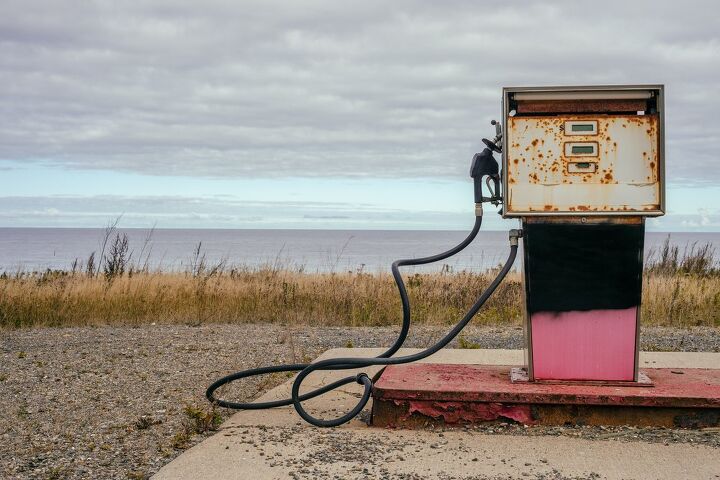
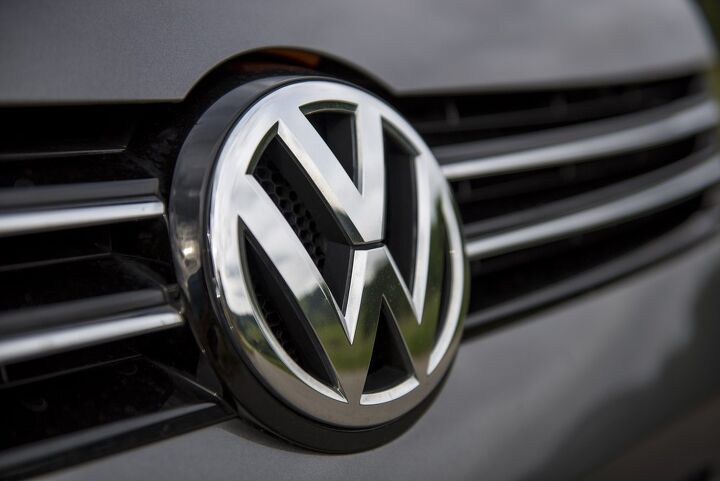
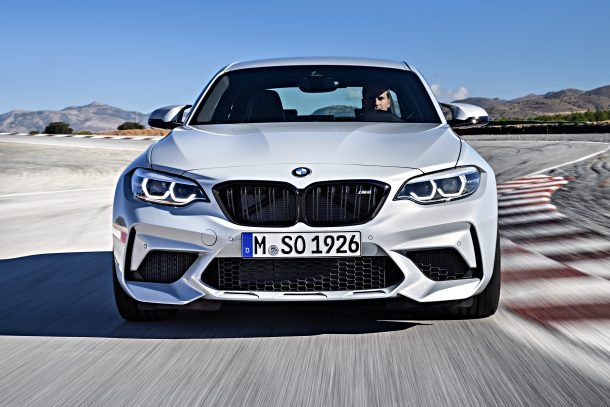
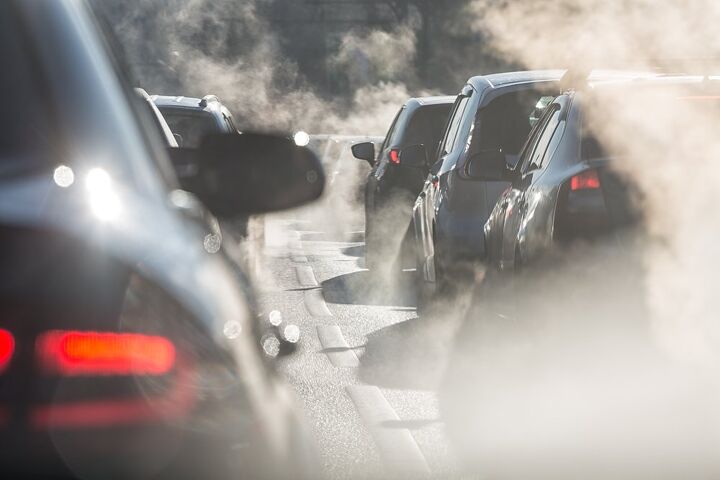
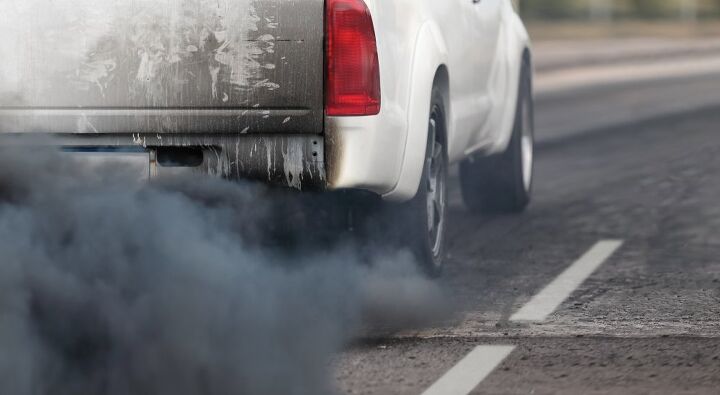














Recent Comments